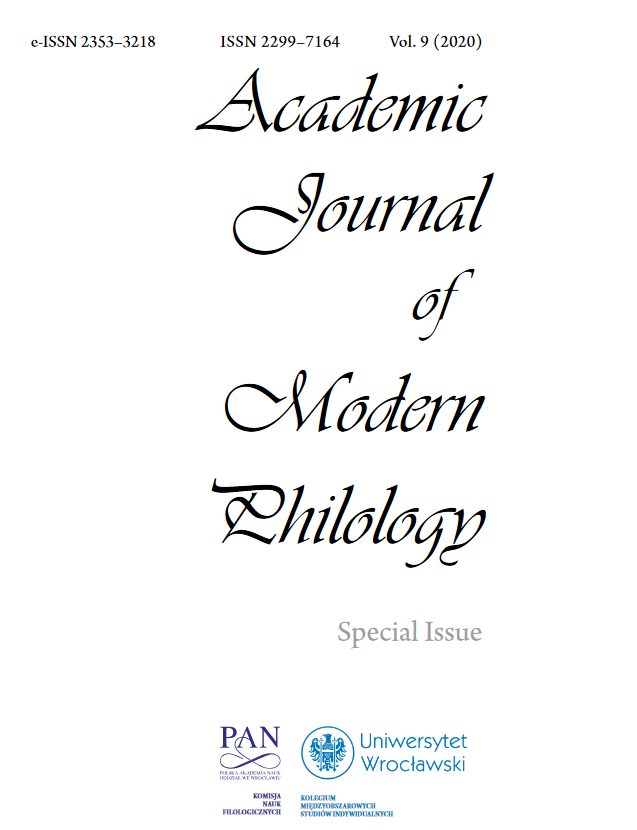L’éveil des sens et la nature complice chez Zola et Maupassant
The Awakening of Senses and Nature as a Plotter in Zola’s and Maupassant’s Works
Author(s): Anna Kaczmarek-WiśniewskaSubject(s): Language studies, Language and Literature Studies
Published by: Komisja Nauk Filologicznych Oddziału Polskiej Akademii Nauk we Wrocławiu
Keywords: Zola; Maupassant; sense; nature; connivance
Summary/Abstract: The paper discusses the problem of the awakening of senses and sensuality, with a visible connivance of nature, in characters of two novels belonging to the Realist/Naturalist movement. In Emile Zola’s The Sin of Father Mouret (1875), a fanatic priest having forgotten his clerical condition falls in love with a virgin girl who grew up in a savage garden. They are both involved in an erotic game set up by plants and animals living in the garden that want them to know the carnal aspect of love and push them to a physical close-up. In this way, the garden, named the Paradou, becomes both a kind of new Eden and an inferno of lust. In Guy de Maupassant’s Mont-Oriol (1887), a young and naïve aristocratic wife of a banker is seduced by a lady-killer in the wonderful landscape of Auvergne which makes her open for new sensations and new experiences. The sensual influence of air, water and earth makes the adulterous spouse discover sexual pleasure and transforms her from a girl into a mature woman
Journal: Academic Journal of Modern Philology
- Issue Year: 2020
- Issue No: 9
- Page Range: 293-301
- Page Count: 9
- Language: French

